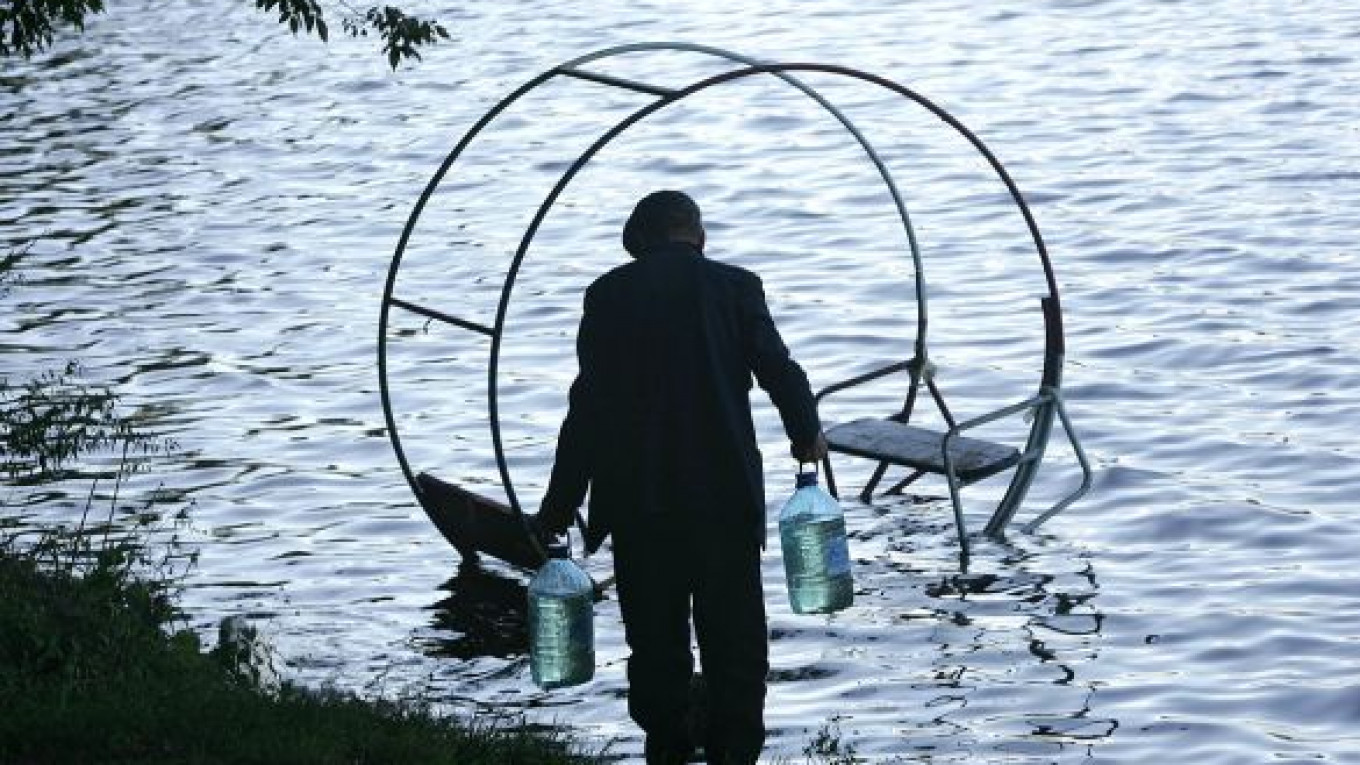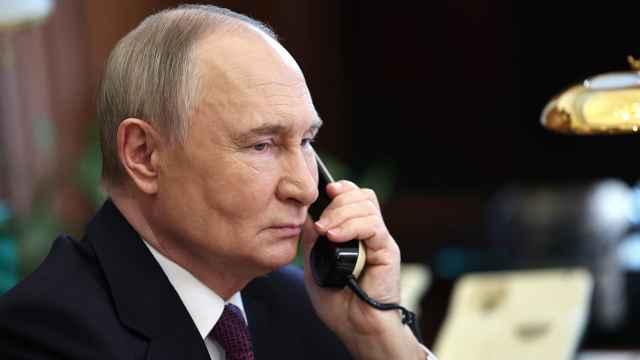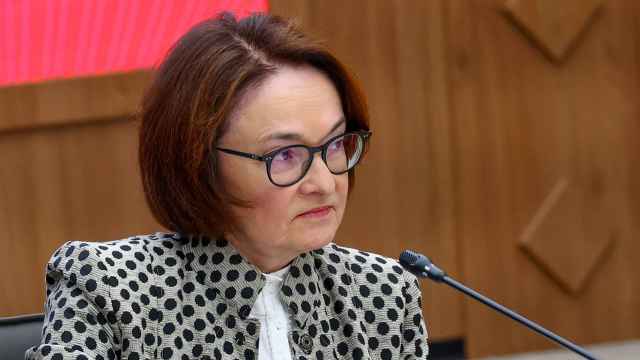A United Russia-backed program to expand access to drinking water will get 9 billion rubles ($292 million) over the next three years, a significant decrease from the initially planned 20 billion to 40 billion rubles per year, Prime Minister Vladimir Putin said Wednesday.
"Considerable investments will be made to ensure the safety of water-supply infrastructure and improve the protection of water sources," Putin told participants of the Clean Water 2010 forum in Moscow.
"Innovative technologies related to rational water use will be implemented as widely as possible," he said, according to a transcript of his remarks on the government web site.
Under earlier drafts of the program, spending from federal and regional budgets would have reached at least 20 billion rubles per year — and possibly double that — if an "innovative approach" were found.
State Duma Speaker Boris Gryzlov, who also heads United Russia's faction in the Duma, has been pushing the clean water initiative since December 2006. In early 2009, he estimated that the program, including private investment, could eventually reach 15 trillion rubles ($487 billion).
But opposition parties and scientists have criticized the initiative as a pet project designed to funnel money toward self-proclaimed inventor Viktor Petrik, whose patents for filtration technologies have been debunked by the Russian Academy of Sciences. The criticism might have contributed to the decision to scale down funding for the program. Petrik did not attend Wednesday's forum.
Last week, anti-monopoly officials banned Petrik from using the name of Emergency Situations Minister Sergei Shoigu to promote his company's water filters. Shoigu — another top United Russia official — was among the many state representatives listed as members of the Clean Water forum's organizing committee.
In remarks to the forum, Gryzlov stressed investment in infrastructure rather than filtration. "In Russian towns and villages, unfortunately, fewer than half of residential buildings are connected to water pipes," he said, Interfax reported. "In absolute terms there are about 60,000 pipes, mostly small ones, and 85 percent of them do not meet current standards."
The federal targeted program, which runs from 2011 to 2017, calls for investment in infrastructure and the establishment of technical guidelines on what constitutes potable water.
It will work alongside Russia's water strategy through 2020, which the government approved last year. The country holds about one-quarter of the world's fresh-water reserves, a resource Putin said must be capitalized on.
"The strategy [to 2020] clearly defines Russia's place on the global market for water, and we will push our hardest to make use of these competitive advantages," said Putin, who heads United Russia.
More than 2.5 billion people worldwide do not have enough water — a problem that will only grow with rising populations and urbanization, Putin said.
The prime minister also thanked forum participants for their initiative in promoting clean water awareness. "Every school and technical college in Russia will have a 'Clean Water Lesson' by the end of 2010," he said.
Changing perceptions about water use — particularly among young people — must come hand-in-hand with expanding access to clean water, Putin added.
Former Mayor Yury Luzhkov, who published his second book on water policy last year, was absent from this year's forum.
Luzhkov, who has regularly defended the quality of Moscow's water, argued against Gryzlov's initiative at last year's inaugural forum by questioning the need for a "third tap" to provide drinking water in homes. "Why should apartments have a third tap? We could mix them up, especially after awhile around the table," Luzhkov said, jokingly.
A Message from The Moscow Times:
Dear readers,
We are facing unprecedented challenges. Russia's Prosecutor General's Office has designated The Moscow Times as an "undesirable" organization, criminalizing our work and putting our staff at risk of prosecution. This follows our earlier unjust labeling as a "foreign agent."
These actions are direct attempts to silence independent journalism in Russia. The authorities claim our work "discredits the decisions of the Russian leadership." We see things differently: we strive to provide accurate, unbiased reporting on Russia.
We, the journalists of The Moscow Times, refuse to be silenced. But to continue our work, we need your help.
Your support, no matter how small, makes a world of difference. If you can, please support us monthly starting from just $2. It's quick to set up, and every contribution makes a significant impact.
By supporting The Moscow Times, you're defending open, independent journalism in the face of repression. Thank you for standing with us.
Remind me later.






